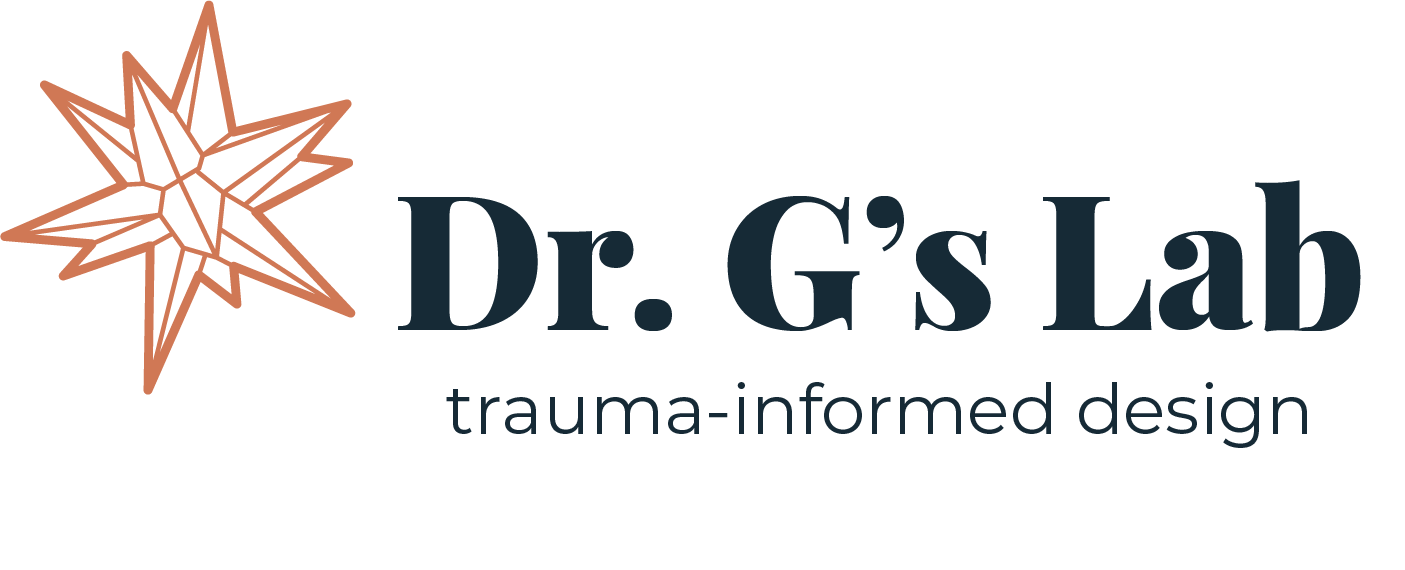Teleology + Change
March 9, 2021
This post was inspired by the book The Courage to be Disliked by Ichiro Kishimi and Fumitake Koga. If you find this blog post intriguing, I highly recommend reading the book.
What is Teleology?
Teleology is the study of purpose. Its counter theory is etiology, or the study of cause. In order to gain a better understanding of these terms, let’s apply them. The teleological explanation of the ocean would sound something like this, “The ocean exists so we can swim in it, so whales and other water-dependent ecosystems can thrive.” On the other hand, an etiological explanation for the ocean would be “The ocean exists due to earthquakes and shifts in the Earth’s plates over the years.” One explanation is completely grounded in the past while the other encompasses the present and pushes a bit more towards the future. So, what’s the point?
Teleology Today
As a culture, we in America rely heavily on the etiological explanations of things and people. Why is it that Juniper has become such a disruptive teen? Perhaps it’s due to the hostile circumstances she endured throughout her childhood. Why does this mountain exist? The earth’s plates shifted which resulted in these structures protruding from the Earth’s surface. Why am I so unhappy? It’s likely due to my career choices, my childhood traumas, my past relationships, and failures throughout my life. When we choose to explain and see things through this point of view, it’s no wonder why we have such a hard time changing this pattern of thought. How can we change when SO much of who we are and the root cause of our problems is from the past? Guess what? You can!
Alfred Adler + Teleology
“The hardest things for human being to do is to know themselves and to change themselves.” — Alfred Adler
Alfred Adler and teleology share the belief that anyone can change at any given time. You might be thinking: if you have toxic stress, adverse childhood experiences (ACEs), trauma, physical impairments, and other barriers of social determinants of health (SDOH), then change doesn’t just happen instantaneously. This is absolutely true, and it’s not the full story. Neither Adler nor teleology said the change would be easy. What is the difference between someone who experiences toxic stress and has few negative health effects and someone who experiences similar levels of stress yet experiences adverse health outcomes? Research has shown it comes down to these three things: protective factors, positive experiences, and purpose-driven living. None of these deny trauma, but rather meet you in the present moment indicating that “what happened to you is in the past, but we are here today and this is what we can do in the present moment.”

